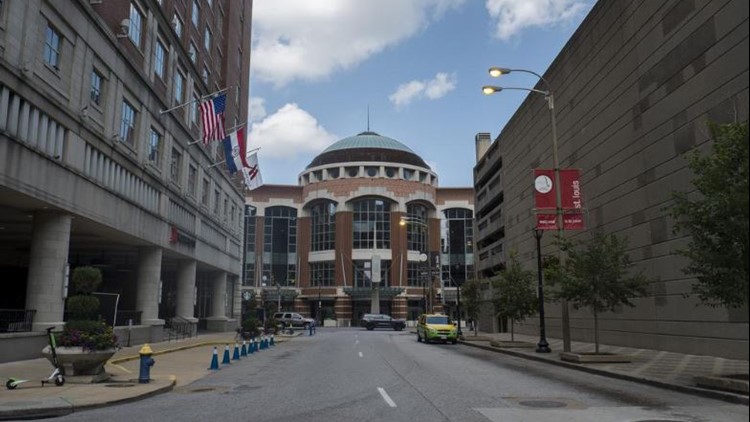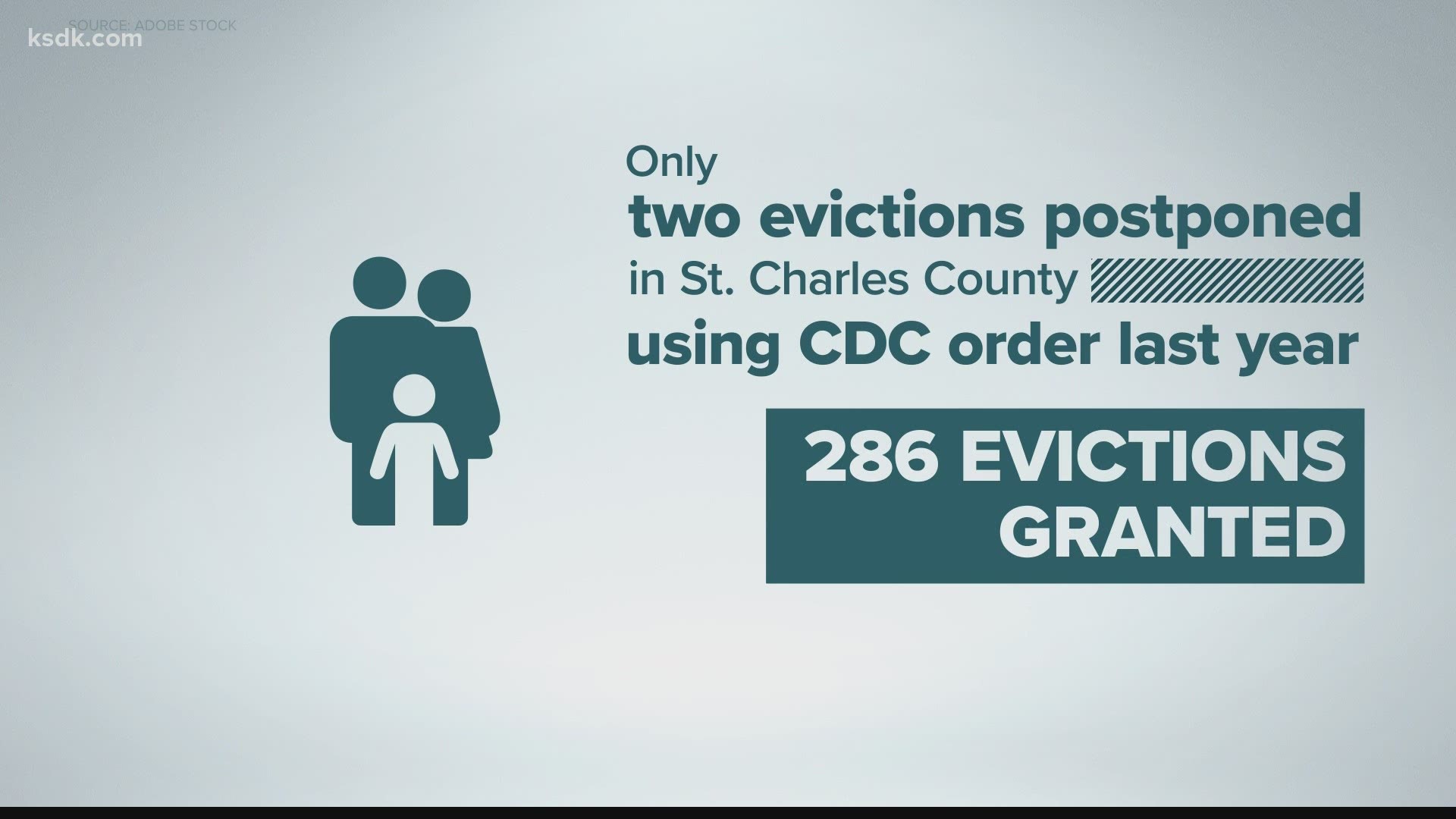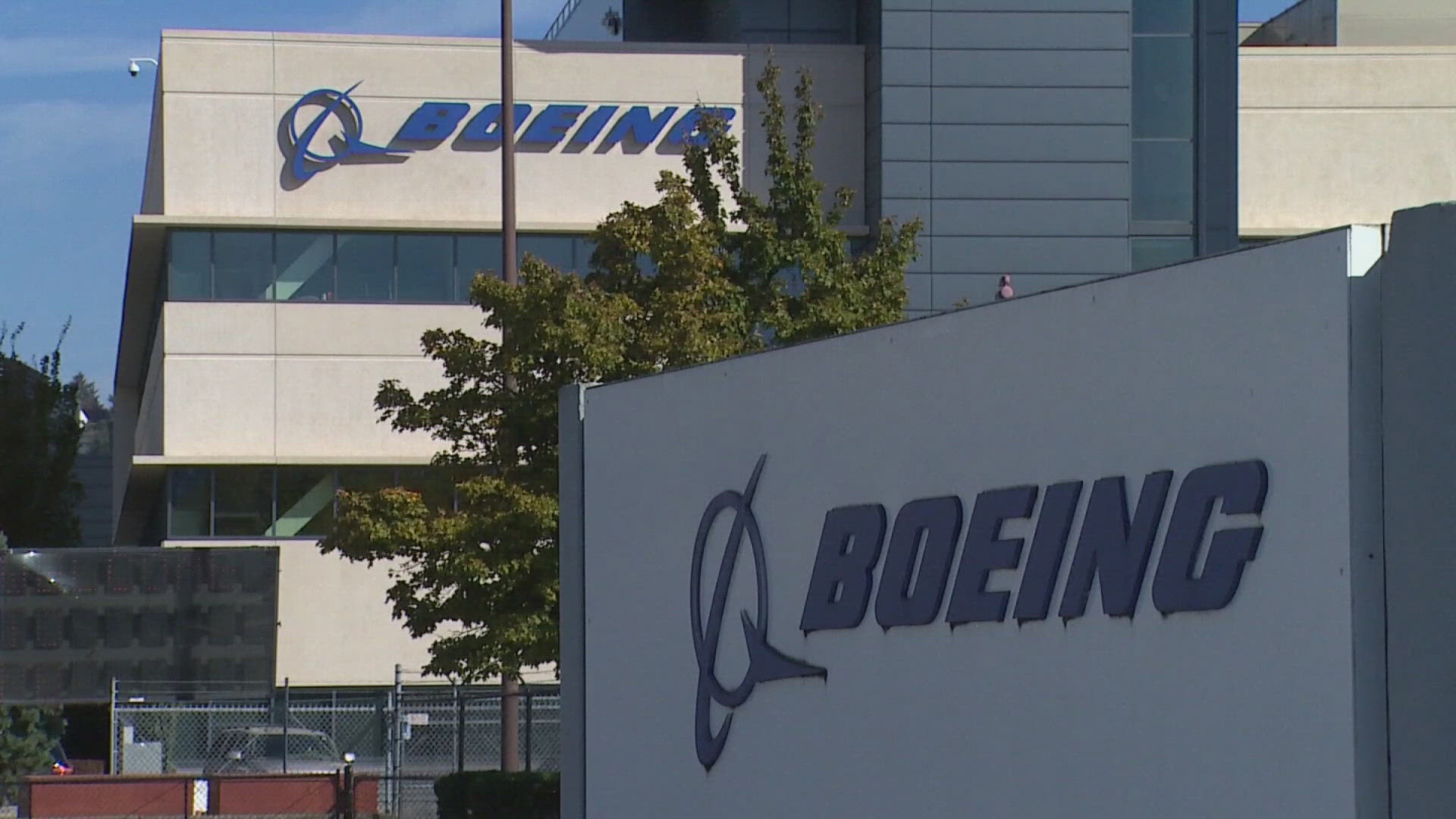ST. LOUIS — SEEK was going to be big.
The Fellowship of Catholic University Students’ national conference, scheduled for Dec. 30, 2020, through Jan. 3, 2021, would have been St. Louis’ largest convention by hotel room nights in 2020. It was estimated to generate nearly $12 million in direct spending.
But when SEEK found a new home on the internet, St. Louis lost out. It’s a familiar story for the St. Louis Convention and Visitors Commission, which does business as Explore St. Louis. In the wake of the coronavirus pandemic, the tourism organization saw many of its biggest 2020 conventions either go virtual or cancel entirely. Even the ones that plan to eventually still come to the America’s Center convention complex have postponed their events — sometimes multiple times. The annual Gateway Dirt Nationals stock car race originally planned to go ahead with its December 2020 dates, only to later reschedule to December 2021. In the first week of January, St. Louis Auto Show announced it was moving its late-January event to early April.
Such postponements have been tough for Explore St. Louis, which must get by on what little business it can pick up until the pandemic subsides. COVID-related regulations for gatherings mean that even a small event requires much more work than before.
“We’ve got less business than we’ve ever had, but we’re busier than ever,” said President Kitty Ratcliffe, whose organization employs 70 people full time, down from 155 full-time employees pre-pandemic.
We spoke with Ratcliffe about how America’s Center is adapting to the pandemic and when she expects convention business to rebound. The conversation has been edited for length and clarity.
What are you hearing from conventions about their 2021 plans? Every organization is a little different, depending on the nature of their event. There’s a lot of interest in continuing to meet face to face, but most groups are trying to figure out how to do that in the early part of the year in a hybrid format — having some in-person attendance, with live content being broadcast to a virtual audience. And then as the year progresses, that changes. But I think everybody thinks that for a while, there are going to continue to be some virtual components to meetings due to restrictions on travel and other things.
Are organizations pushing their conventions to later in the year? We've had a lot of movements from the first quarter into the second quarter or the third quarter. A lot of events that were booked in January and February have already moved their dates to the April to June time period. We experienced the same thing last year, as people moved their March to May events into September and October, and then they had to move them again. The event organizers want to do the events. It's just a question of when it's feasible for them to do it and when they can get permission to do it.
How has the loss of convention business affected Explore St. Louis’ operations? We're at about 50% of a full-time staff, compared to what we were back in March of 2020. We had more than 50 people laid off permanently, in a couple of different rounds. We still have a number of people out on furlough. Some departments don't even have anybody in them anymore. Other departments are down to just one or two people, where they might have had six, seven people before. So it varies a lot. It was not an across-the-board percentage. It was all based on actual job responsibilities, and what we felt we absolutely had to have in order to maintain the building, and keep it clean, and do marketing, which we had to continue to do.
Explore St. Louis got a state grant of $2.28 million from some of Missouri's CARES Act funding. Roughly $862,000 of that was used to buy PPE and supplies and to make facility improvements. What kind of improvements did you make? We removed all of the exterior entrance doors that had handles and replaced them all with sliding glass doors, so that they're touchless. We also went through a process of applying for a certification — it's a disinfecting and cleaning certification that is called the Global Biorisk Advisory Council, and they have a STAR accreditation, which we got. Our team went through that application process, which meant we reevaluated all of our cleaning and disinfecting practices, and the equipment needed for that. We bought Clorox electrostatic sprayers so we could go in and spray interior surfaces, and we trained everybody differently based on the GBAC requirements.
Click here for the full story.




